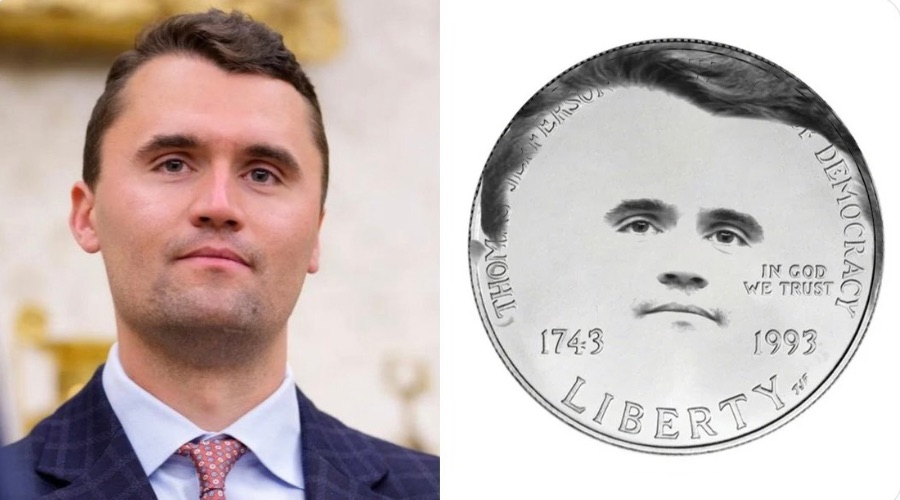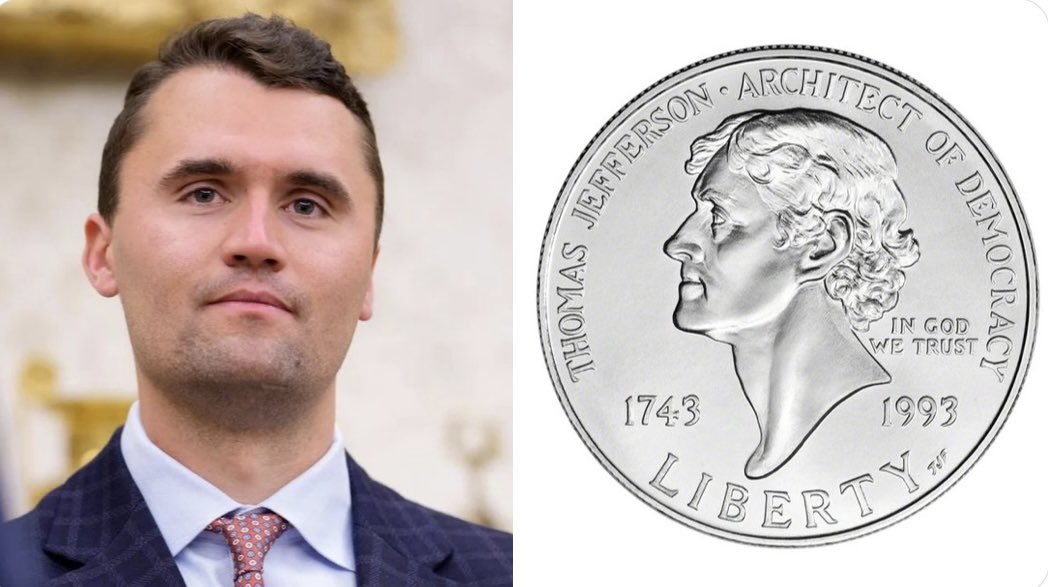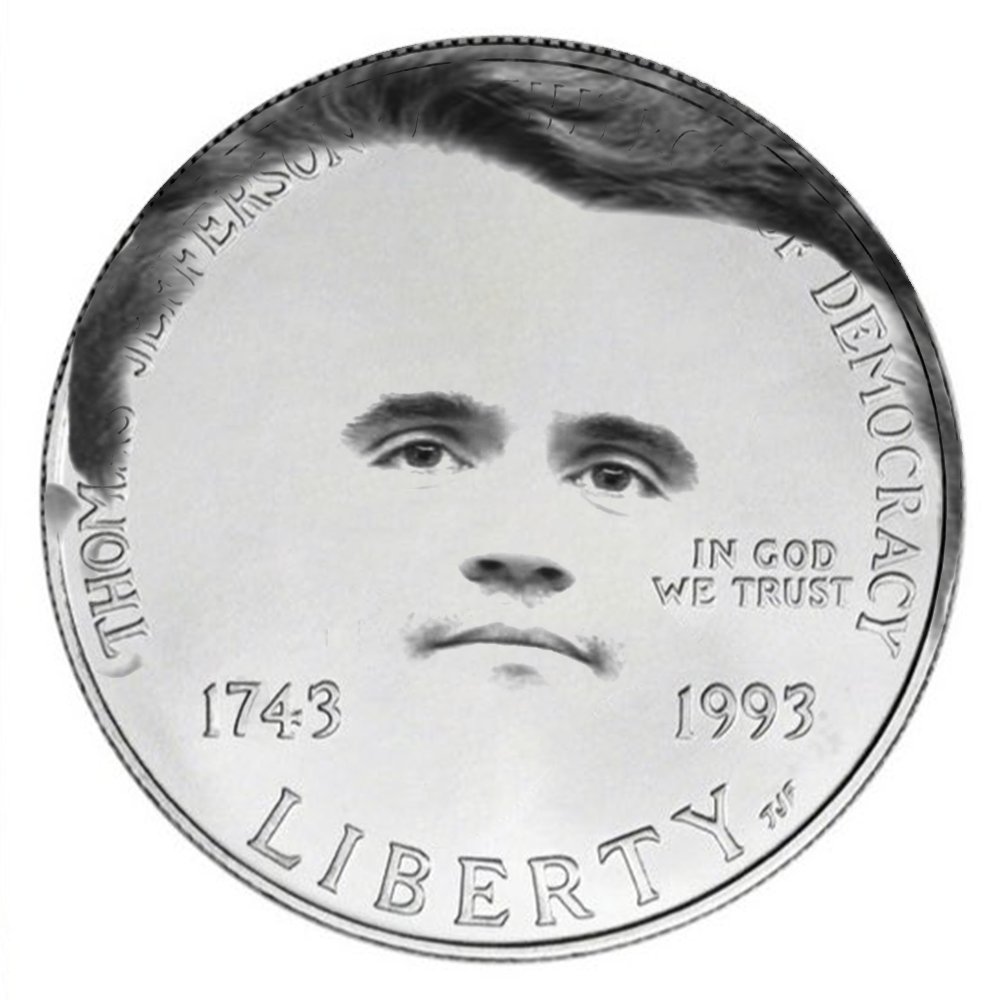CELEBRITY
Congress Approves Legislation Putting Charlie Kirk on U.S. Coinage?! – He Was a Podcaster Who Argued With College Kids, He Wasn’t Nelson Mandela

In a move that has sparked widespread debate, the U.S. Congress has approved legislation directing the U.S. Treasury to mint 400,000 silver dollar coins featuring the likeness of the late conservative activist Charlie Kirk. The coins, slated for release in 2026, will bear Kirk’s image on one side and the inscription “Well done, good and faithful servant” on the other
The legislation, introduced by Republican Representatives August Pfluger of Texas and Abe Hamadeh of Arizona, aims to honor Kirk’s contributions to American political discourse and his role in founding Turning Point USA. Pfluger described Kirk as a “conservative titan” deserving of permanent recognition alongside the nation’s greatest leaders .
However, the decision has not been without controversy. Many online have questioned whether a podcaster known for debating college students merits such an honor, especially when compared to historical figures like Nelson Mandela. One user on X (formerly Twitter) wrote, “Charlie Kirk on U.S. currency? He was a podcaster who argued with college kids, not a global icon. Let’s get a grip.”
Others have expressed concern over the precedent this sets for commemorating contemporary figures on U.S. currency. While commemorative coins have been issued in the past, featuring individuals such as Martin Van Buren and John Marshall, the decision to honor a modern political activist is unprecedented.
The legislation has also led to discussions about the role of social media in shaping public opinion. Following Kirk’s assassination earlier this month, reactions on social media were swift and varied. Some celebrated his death, while others condemned such responses as inappropriate and divisive. This has sparked a broader conversation about the impact of social media on political discourse and the challenges of balancing free speech with responsible communication
As the coins near production, the debate continues, reflecting the nation’s ongoing conversation about legacy, recognition, and the values we choose to commemorate.


























